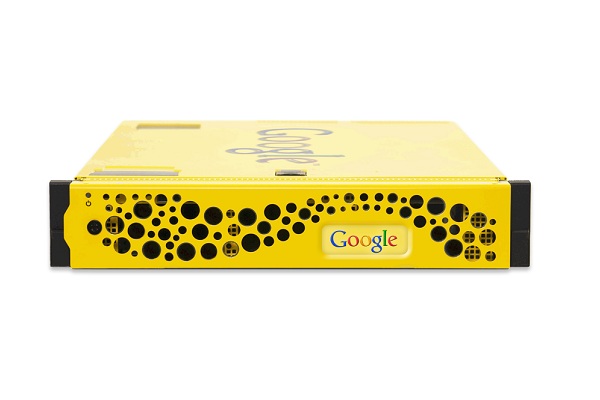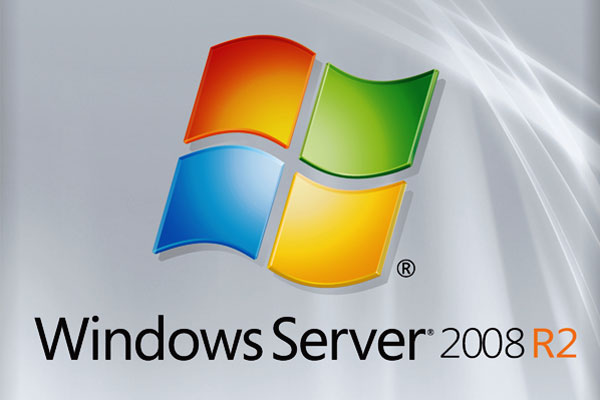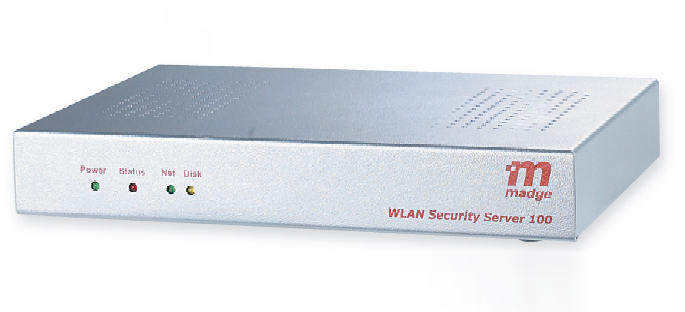Puppy Linux: Just for fun
Puppy Linux is something different, a tiny version of Linux that can be stored on a USB memory drive, will run in memory, and can be used for working on the move.

You don't get OpenOffice, but you do get the small, quick and surprisingly fully-featured alternative word processor AbiWord, Gnumeric for creating spreadsheets, and HomeBank finance management software.
There are games and graphics, music and video software, and a full range of networking tools, supporting a wide range of wireless cards.
Puppy Linux comes from Australia and is the original work of Barry Kauler, whose blog is probably the best source on the project's progress. Puppy could be described as one man's hobby, but as the distribution has grown in popularity, Puppy has gained an expanding community of users, who contribute to the code and the busy user forums.
Puppy does have one major flaw, and that flaw is that Puppy Linux has only one user, and that user is the superuser, which isn't a good idea at the best of times, but is catastrophic for any outward facing application or server which is permanently installed on its host computer - a failing which is justified by Puppy users on the grounds that Puppy usually runs in memory and has no permanent presence.
Every review of Puppy Linux remarks on Puppy's lack of a proper user subsystem and its dependence on the superuser. But sadly, this part of Puppy has never been revised.
Do it yourself
Puppy Linux is the ideal GNU/Linux distribution for those who like to pull things apart and put them together again just so they can know how it works.
Get the ITPro daily newsletter
Sign up today and you will receive a free copy of our Future Focus 2025 report - the leading guidance on AI, cybersecurity and other IT challenges as per 700+ senior executives
Puppy facilitates this process. It is as easy as pie to make your own 'puplet' or derivative of Puppy, to pull it to bits and pieces, and draw software from the Puppy Linux ecosphere to configure your own puplet or mini-distribution. Puppy not only makes this easy, but encourages the process. If you want to be more than just a user and to learn how your computer works, Puppy is probably as good a place as any to start.
The Linux kernel project began as the hobby of one person, and became the hobby of many. The spirit of adventure is why people became involved. The first issue was that the software was free as in spirit and "not as in beer".
The second issue was that it was fun and you could do what you liked with it, which made a difference in a world where computing, even on home computers, was increasingly limited. Programming may not be everyone's idea of fun, but was seen that way by those who got involved in the development of Linux and other free software.
Puppy Linux somehow retains some of that spirit, a latent nostalgia for the early Linux distributions which made a virtue out of their barebones appeal, lack of bloat and closeness to the ground.
The home computers of the eighties came with the code and were a learning experience. By the nineties, the code was no longer available and the opportunity to experiment and learn was relatively limited. Linux and free software changed all that, not only for home users and students, but also for academics and scientists and programmers who didn't always have the opportunity to get involved in more ambitious projects.
The early GNU/Linux distributions were do-it-yourself efforts to bring together the growing number of free software utilities in one place. They didn't always work as they should, and weren't always everything they should have been, but gave access to the code and some kind of integration, and as their popularity increased they rapidly improved.
The fun of Puppy Linux, like Debian or Gentoo for other kinds of users, is that it retains much of the playful do-it-yourself appeal of the early Linux distributions.
-
 M&S suspends online sales as 'cyber incident' continues
M&S suspends online sales as 'cyber incident' continuesNews Marks & Spencer (M&S) has informed customers that all online and app sales have been suspended as the high street retailer battles a ‘cyber incident’.
By Ross Kelly
-
 Manners cost nothing, unless you’re using ChatGPT
Manners cost nothing, unless you’re using ChatGPTOpinion Polite users are costing OpenAI millions of dollars each year – but Ps and Qs are a small dent in what ChatGPT could cost the planet
By Ross Kelly
-
 What is the semantic web?
What is the semantic web?In-depth The semantic web is another idea from the inventor of the web, but what does it mean for the rest of us?
By Clare Hopping
-
 Google beefs up enterprise search appliances
Google beefs up enterprise search appliancesNews GSA 7.0 deeply integrates into SharePoint 2010, and bolsters translation and preview features.
By Khidr Suleman
-

 Windows Server 2008 R2 review
Windows Server 2008 R2 reviewReviews Windows 7 may now be available at retail, but for larger businesses it will only come alive when used in conjunction with Windows Server 2008 R2. We take a look what the new server platform brings.
By Jon Honeyball
-
 Opera Unite allows direct file sharing between browsers
Opera Unite allows direct file sharing between browsersNews A new Opera service allows users to share pictures, files and music directly between browsers, without the need for a server.
By Asavin Wattanajantra
-
 The history of search engines
The history of search enginesIn-depth From a CERN list to Google and now Wolfram Alpha, the online search engine market has seen much innovation in its short history.
By Nicole Kobie
-
 Setting up a Linux server on a Windows network
Setting up a Linux server on a Windows networkTutorials Thinking of taking the open source plunge? Our resident server expert, Alan Stevens, shows you how to install a Linux server on your Windows network.
By Alan Stevens